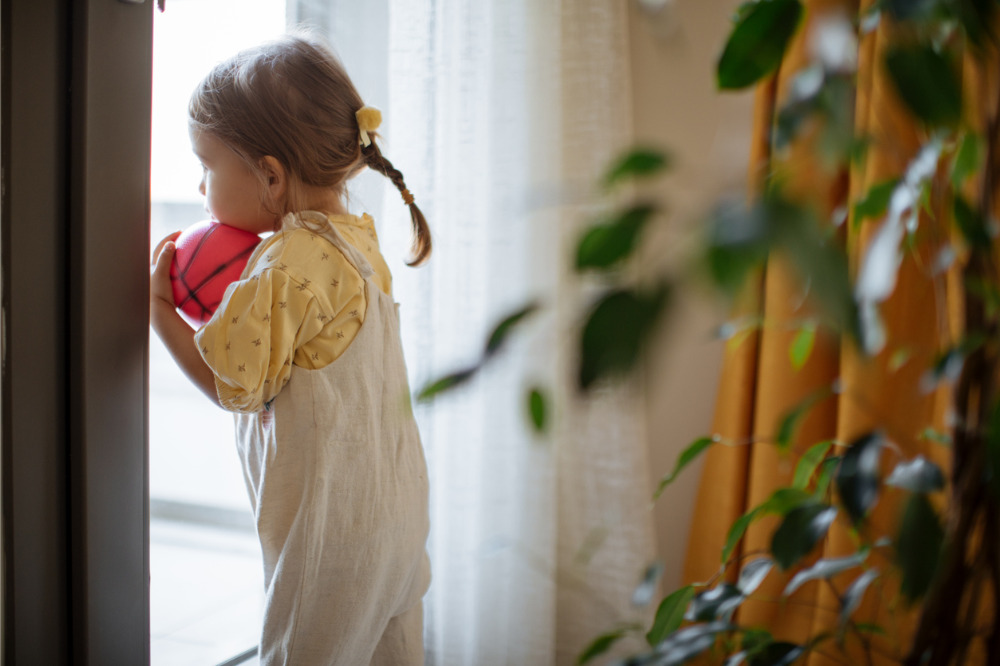
The restrictions imposed at the height of the COVID-19 pandemic have caused unprecedented social and community disruptions, which could have a long-term impact on children’s wellbeing, Flinders University researchers warned.
The study, titled “Preschool Aged Children’s Accounts of their Own Wellbeing: Are Current Wellbeing Indicators Applicable to Young Children?”, explained that with the restrictions focused on health, safety and education responses, less attention was placed on a child’s need for independence, self-determination and play.
“Play is a key aspect of children’s wellbeing from their perspectives,” said lead author Jennifer Fane, a PhD candidate now based overseas.
“The closure of playgrounds, schools and the fear and worry associated with being in public spaces has likely had significant impacts on children during this time,” she said.
Exercise reasonable ‘agency’
Fane added that as restrictions eased, the support children were provided as they transitioned from home to school was important.
“As children return to school, and life starts to resume as it did pre-COVID-19, focus and attention to children’s opportunities for play – and their ability to exercise reasonable ‘agency’ during this time of significant transition – are two key aspects that can support their wellbeing during this difficult time,” she said.
Co-author and Professor of Public Health Colin MacDougall emphasised that with the coronavirus restrictions affecting everyone’s freedoms, a child’s “ability to make decisions within adult-imposed constraints” has become crucial.
“Young children interviewed in the study told us of the importance to their lives of trying new things and having a say about play,” he said.
“As the world takes baby steps to ease these life-saving restrictions, and move into an uncertain future, we must take the time to think about very young children.”
Fane, whose PhD at Flinders focuses on communicating with preschoolers, hopes that the study can provide different institutions, including the government, a perspective on how to support child wellbeing in future actions.


